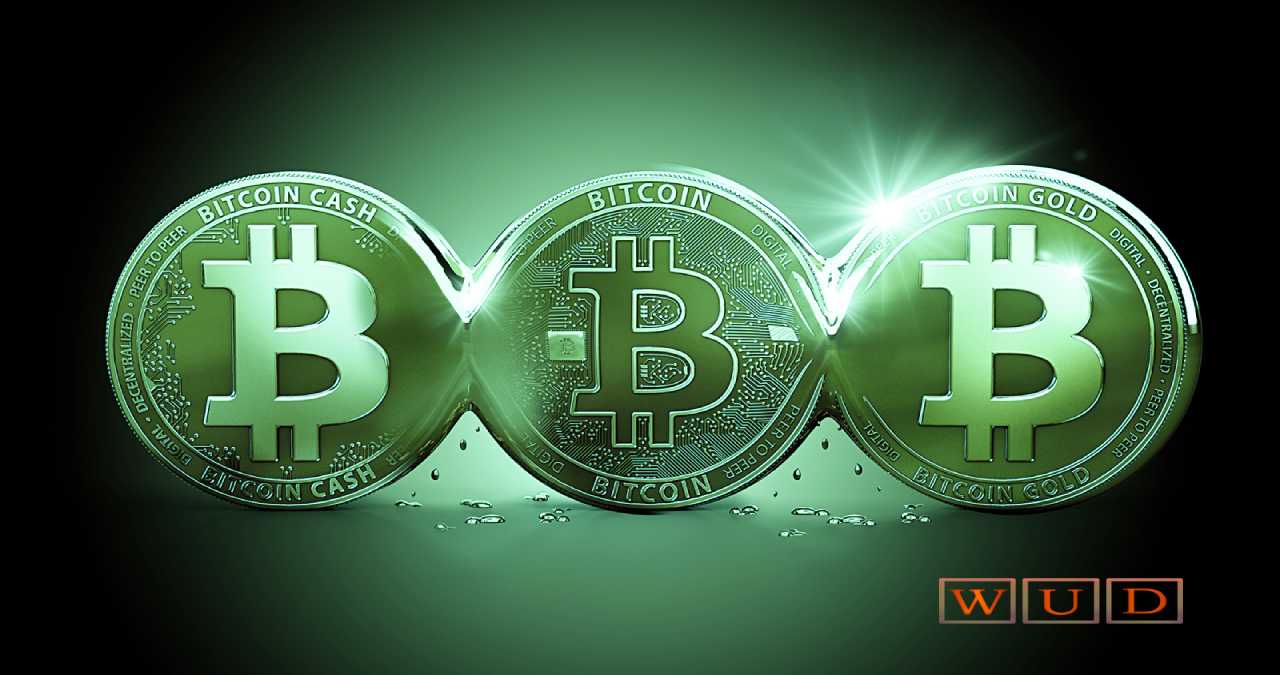A Detail Guide Of How Bitcoin Works

Bitcoin is electronic data distributed on the Internet. Unlike fiat currencies such as Japanese yen and US dollars, there are no central banks or official issuers. Since it is a decentralized (P2P*) currency managed on the Internet using blockchain technology, you can trade freely without being limited to a specific issuing agency.
Table of Contents
P2P (Peer-to-Peer)
A communication system in which terminals with an equal relationship on the Internet can directly connect and exchange information
What is a blockchain?
Blockchain is a technology developed to realize Bitcoin with a ledger (distributed ledger) that records all transactions. Blockchain is a mechanism that can secure trust even if there is no administrator because all computers connected by network store the same data. Blockchain technology is an innovation that will be utilized in various fields including FinTech in the future.
Blockchain features
- Data cannot be tampered with
- No administrator required
- Independent of system
What you can do with Bitcoin
- Investment
Bitcoin has the highest market capitalization among crypto assets and the demand and supply is also large, so the value of Bitcoin itself will fluctuate up and down. There is also a long-term investment in which you buy from now on (while the price is cheap), in anticipation of the future of Bitcoin, from the method of making a profit by buying (or selling) in the short term aiming at the fluctuation of its value. In addition, by introducing other crypto assets, it is possible to mitigate fluctuation risk due to transactions between crypto assets, hedge, and even manage assets by creating a crypto asset portfolio. Here You can find the best crypto signals
- Remittance
When sending fiat currency, there are costs such as expensive bank fees. When sending money overseas, there is an additional risk of currency fluctuations. The time required for remittance takes several days for overseas remittances, but it takes about 10 minutes for bitcoin remittances. Moreover, since there is no intermediary for Bitcoin remittance, you can send money directly to the other party at a low cost.
- Payment
It can be used as a payment method when paying for goods such as cash or credit card with Bitcoin. There are three reasons why the number of companies and stores that can actually pay Bitcoin is increasing.
Impact of border destruction by the internet on national currency
Now, the nation is beginning to get nervous about the outflow of its own currency.
We limit the movement of funds across countries and strengthen surveillance.
As globalization progresses, if currencies differ between countries, a large number of exchange fees and remittance fees will be charged for each transaction, resulting in a very inefficient and costly situation.
Alternatively, the current fiat currency is becoming a hindrance to doing business globally. Many people are reluctant due to the sluggishness and high cost of bank-to-bank transactions, and think that “current currency is just numerical data = data and wasteful inefficiency is absurd”.
However, if the Internet breaks down national borders and links data, if the currency that moves as data is also converted into cryptocurrency, the system can exchange money instantly, and remittance and receipt of money can be done instantly. It eliminates the need for administrative fees and currency exchange fees, providing users with dramatic convenience.
In fact, if you’ve ever sent money overseas at a bank teller, you probably wouldn’t want to do such a silly exchange again. Cryptocurrency is a formidable technology that removes these stresses and physical barriers.
Financial impact of virtual currency and cryptocurrency
If it were decided that money was just numerical data, all transactions would be settled online. In fact, Sweden plans to wipe out physical currency in the not too distant future. If this is realized, virtual currency and cryptocurrency issued by the nation and cryptocurrency traded on the Internet will be directly exchanged. Bitcoin Cycle plays an important role in it.
On the other hand, it is expected that the counter services that are currently used in banking services will be almost unnecessary. Many jobs will be lost and many jobs in the forex trading will be lost. With such changes in foreign exchange intermediary services and transactions between banks, the shape of finance should change significantly.
Also, when all transactions are completed on the Internet, the settlement between companies and individual settlement will also be done on the Internet, and the current fiat currency-based financial industry will become increasingly thin.
